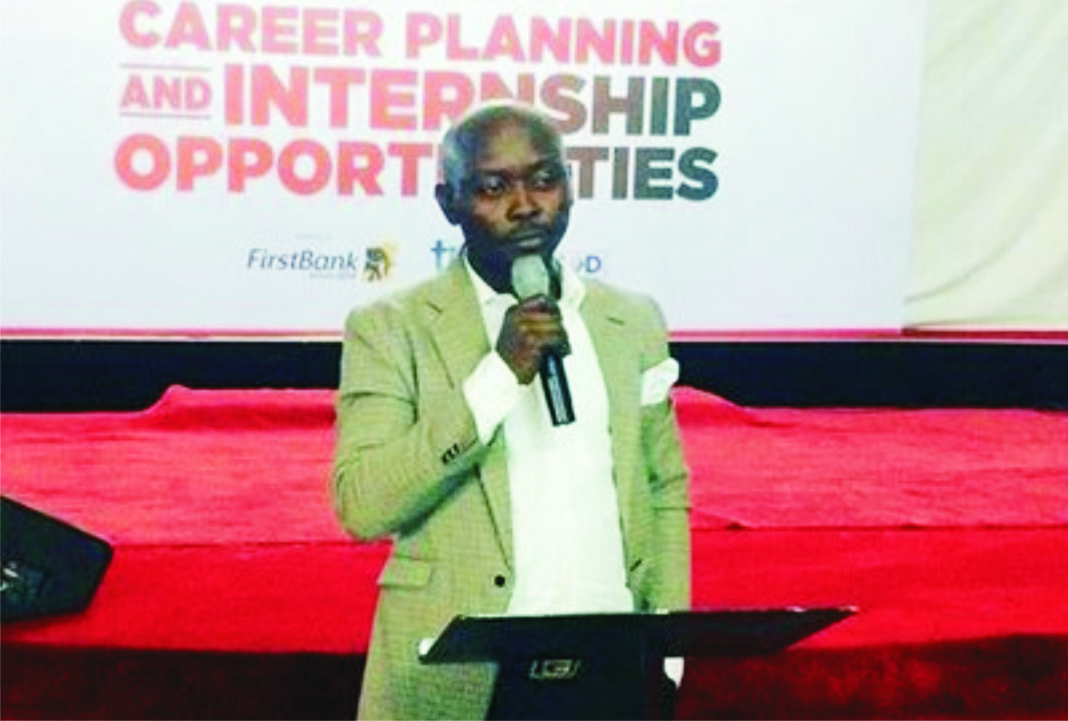With the rise of Mars as our potential new home, my fears seemed confirmed that we may never make that significant transition to make earth a sustainable planet. Even when Elon Musk is ushering us into the EV era, or has made the possibility of a dual planetary home charming, I have laid out in bed sleepless for nights wondering about the fate of Africa, habouring the millions of the earth’s poor and severely challenged by her capacity to mobilize herself for Mars heritance or even harness the profitability of a dual planetary home.
It’s highly reasonable to look at works of great scientists and business leaders like Elon Musk and anticipate that the technological developments of the coming half-century will have a significant net positive impact on our society. That’s because my optimism about coming technological and scientific changes will usher a better future for countries that are making the necessary changes that will prepare them for Mars and other breakthrough technologies.
The past century was the Atomic Age, now we are experiencing the Space Age with the unusual dream of interplanetary and intergalactic journeys taking a life of their own, opening up our world to escape the fragility of earth while setting frightening scenarios for the African continent. We have had to wait for imported vaccines, live in the absence of, or even broken health systems. Yet we have hardly shown a scientific path to making our herbal cures and treatments scientifically convincing thereby setting the stage for potential extinction from viruses that have haunted mankind for centuries.
Let’s recall that expensive scientific and engineering effort, pushed by nationalism and federal funding, has paved way for Americans to have made significant space progress. This has been transformed by substantial private investment helping the West to develop a massive competitive moat that has boosted our ability to collect and move information in the most unprecedented way in a few decades. Above all, it’s the visionary leadership that has driven these achievements even though we now face a fragmented West, hobbled by the reappearance of the ghost of racism and inequality.
As we colonize Mars, begin the process to mobilize for a scientific and residential base, boost renewable energy, crack climate change, connect billions of people to the internet, develop affordable housing solutions and cure chronic diseases, we are left with Africa. Will Africa be ready before the grand, advanced world relocation? The internet has democratized access for billions of people across the world although lately it has become balkanized. Will Elon Musk and his ilks bake democratization into Mars Celestial access for all? Will Africa be left behind to manage any fragile recovery, healing or even implosion of the earth?
Sadly, Africa as it is today is bursting with massive youth energy, doesn’t possess the requisite capacity to make Celestial ventures or even make Mars a home. Perennial leadership failures have frustrated Africa’s progress. AU as constituted today lacks the leadership to take the continent forward and it should be scrapped and replaced with a UN-For Africa, made up of UN, global leaders-technocrats, thinkers and politicians and proven African leaders. What will be the fate of Africa in the face of job automations, massive youth unemployment, inequality, a continuum of failed leadership etc? Africa resided in the darkness for decades until the arrival of mobile technology, will another technology help us make the leap into a grand Celestial future?
Africa has arrived at the stage of global evidence on the erosion of manufacturing employment in spite of her paltry effort to industrialize. With the arrival of the 4th Industrial Revolution, labor-intensive manufacturing has been eclipsed by labor-saving innovation that has beaten down the price of labor-intensive manufacturing, damaging Africa’s potential to a comparative advantage as a labor-abundant continent. With its millions of jobless youths, it needs rapid thinking, execution of innovative approaches to harness the energy of her restive youths, as we can no longer bank on cheap industrial labor as a recipe for economic rapid growth.
I think there are enough possibilities to bring Africa into the Mars age. That’s if we begin now by way of prioritizing the 4th Industrial Revolution on Africa’s big problems. Africa may have to begin the process to bake its own Elon Musks and prioritize technological advances that have the most beneficial impact on Africa. While Bill Gates and his team work arduously on achieving SDGs or the Global Goals, the key will be helping nations like those in Africa by co-drafting policies and embedding locally-relevant economic incentives that will encourage the right types of local technology to advance. We may have to wholesomely surgically reconstruct today’s economic and political structures to safe our earth. Mobilizing African governments and the private sector could potentially change our dismal trajectory, helping us drive the energy and creativity of millions of African entrepreneurs towards improving the state of Africa and the world.
In all, the globalization of scientific and technical expertise can enable Africa to generate breakthroughs in diverse fields of human endeavours. Yet we wouldn’t accomplish much without increasing our risk appetite. Risk is a fixation for technology, just like we can make do with more Venture funding or patient capital; we will also need a transformed African government to provide leadership that can unlock new levels of discoveries and prosperity for African people.
Written by Caesar Keluro, Co-Founder/CEO, Nanocentric Technologies Limited. He leads ‘Make In West Africa’, a regional Think-tank. He tweets @kcaesar


